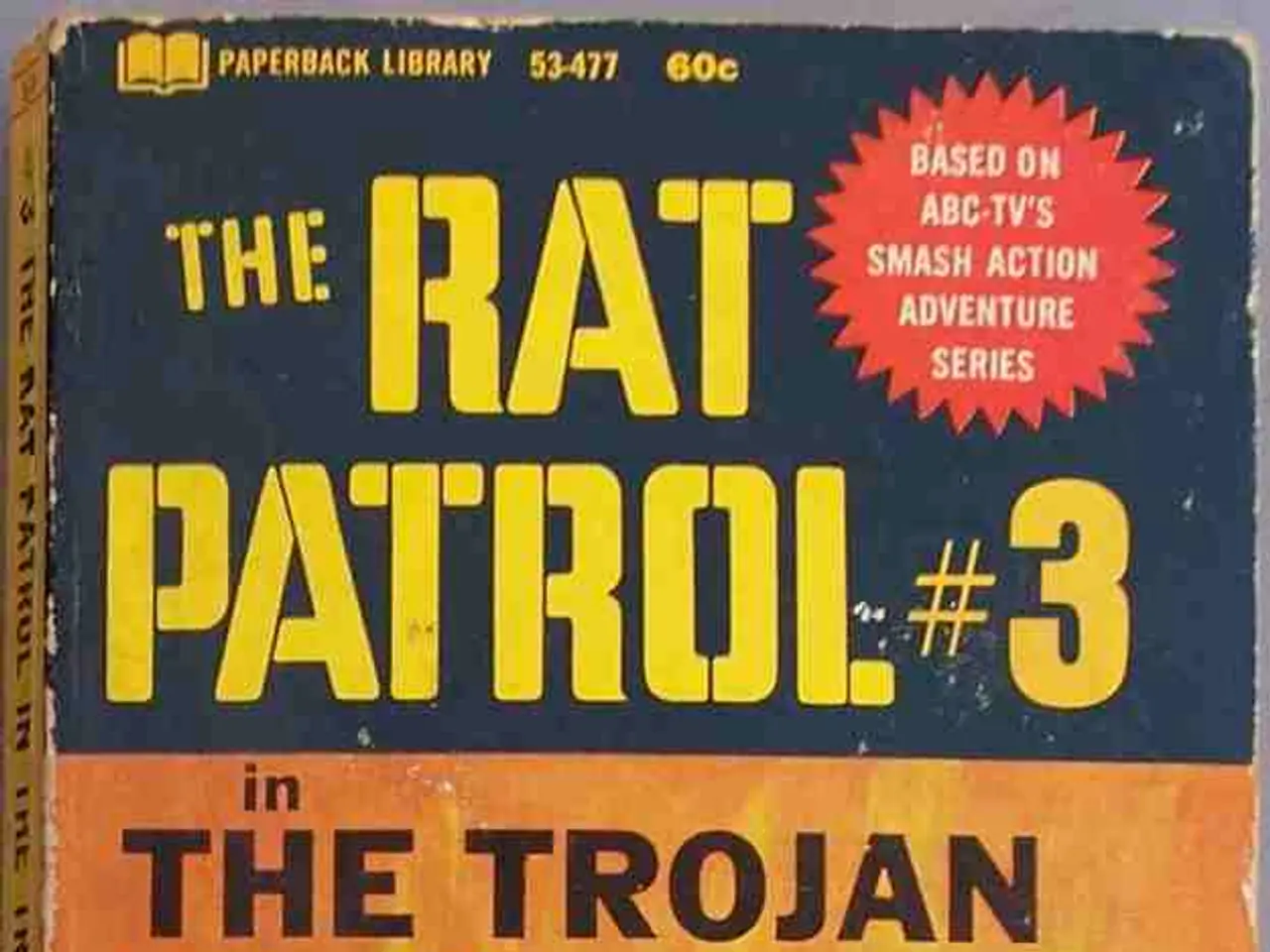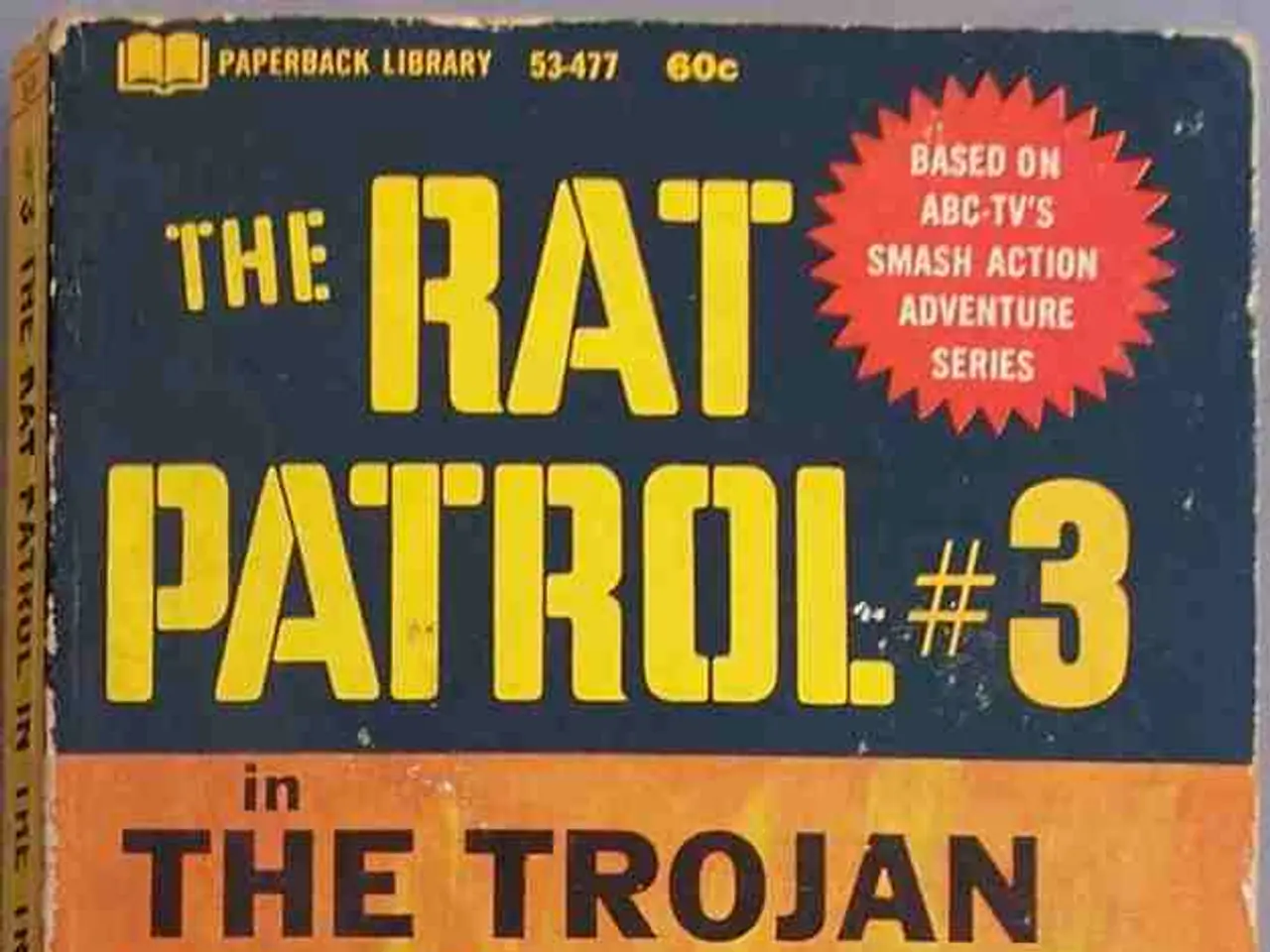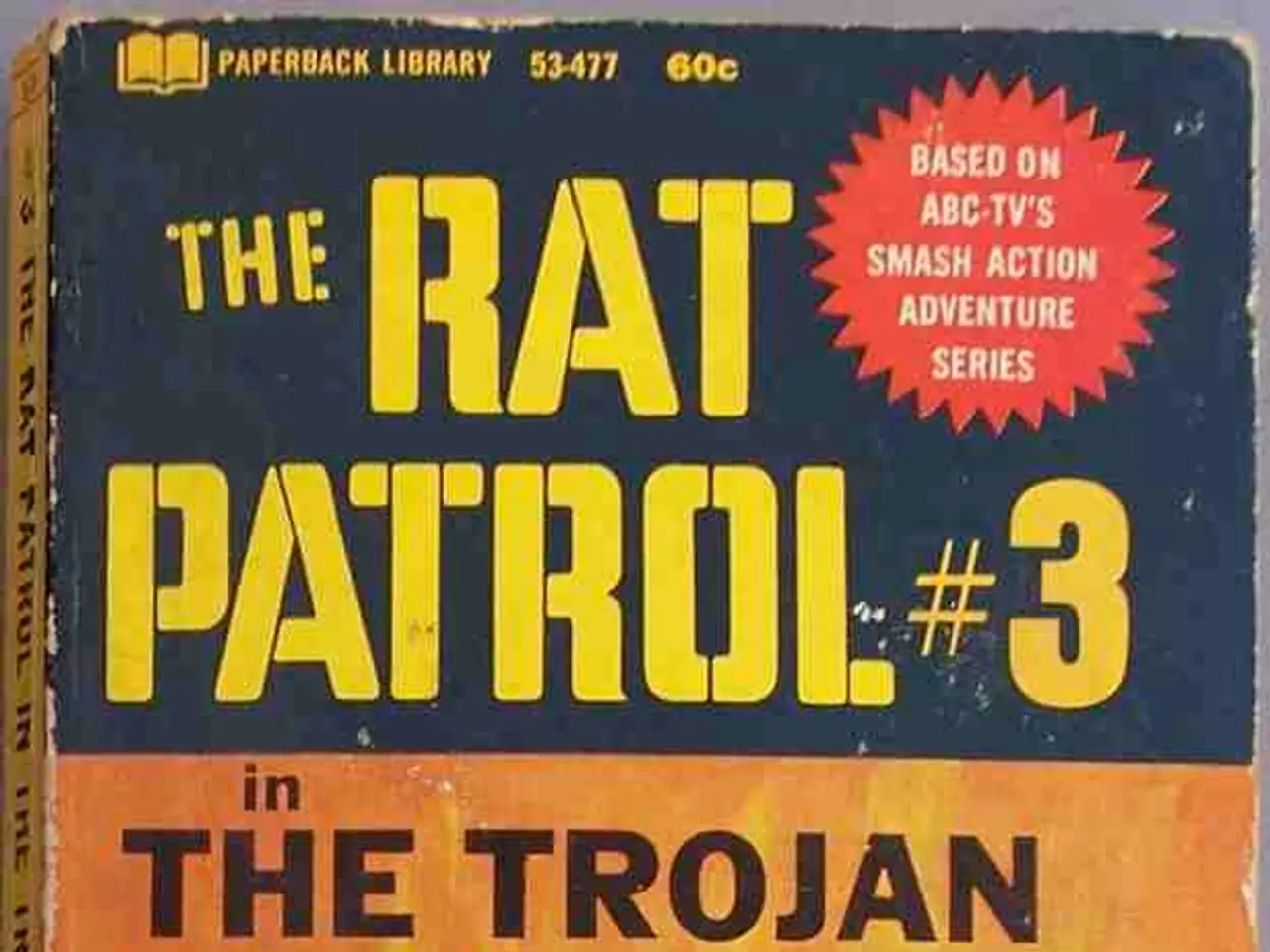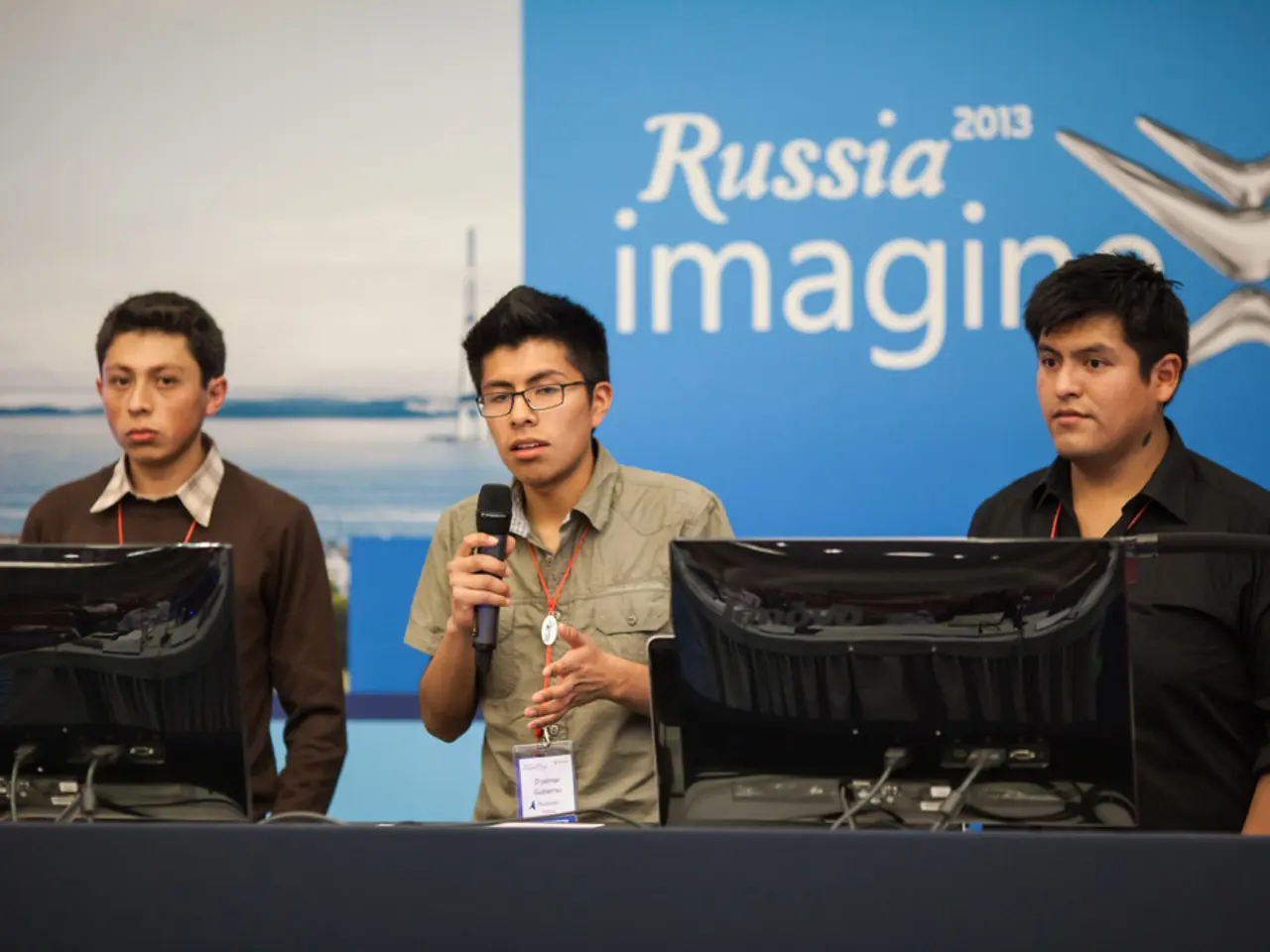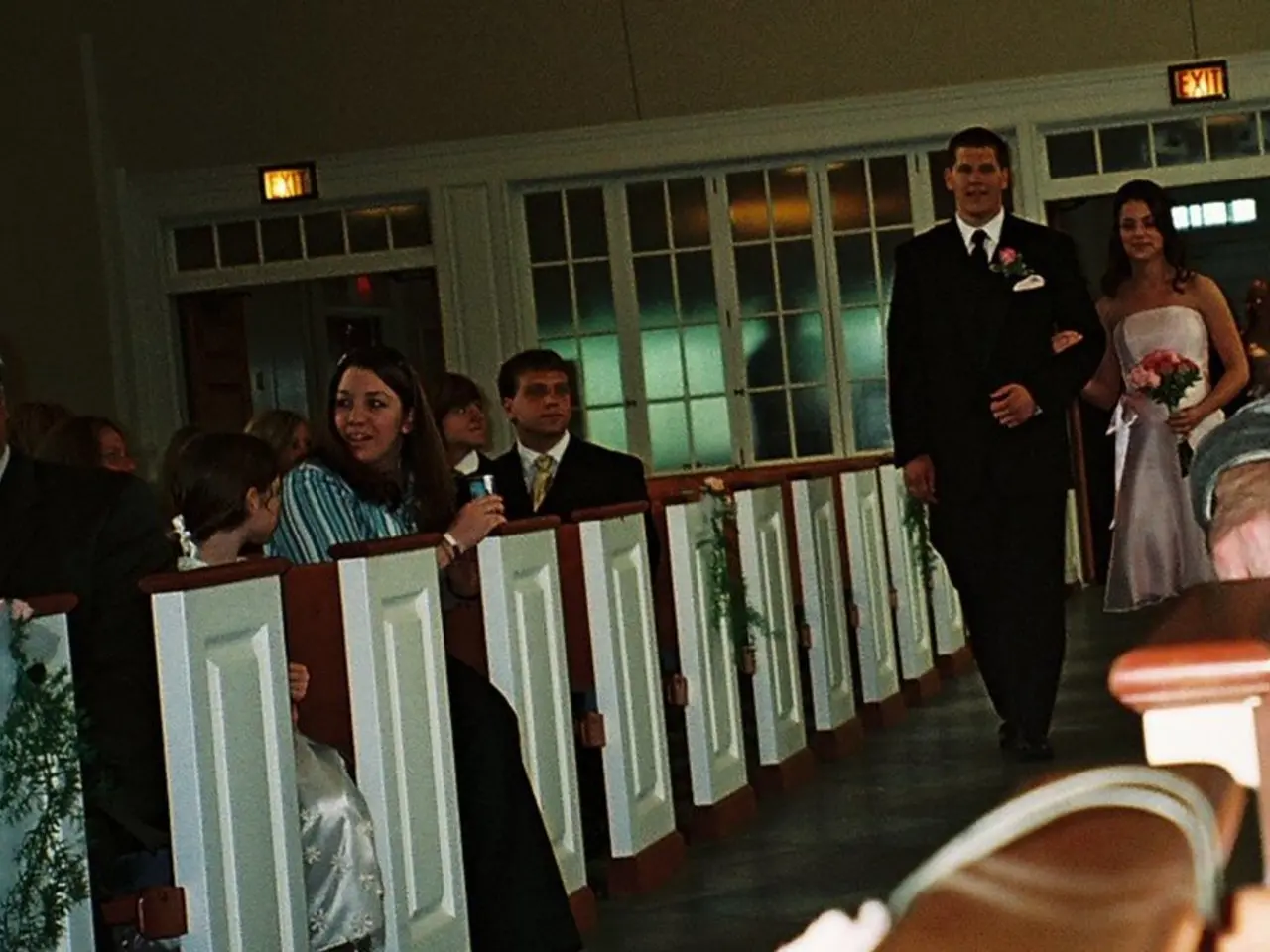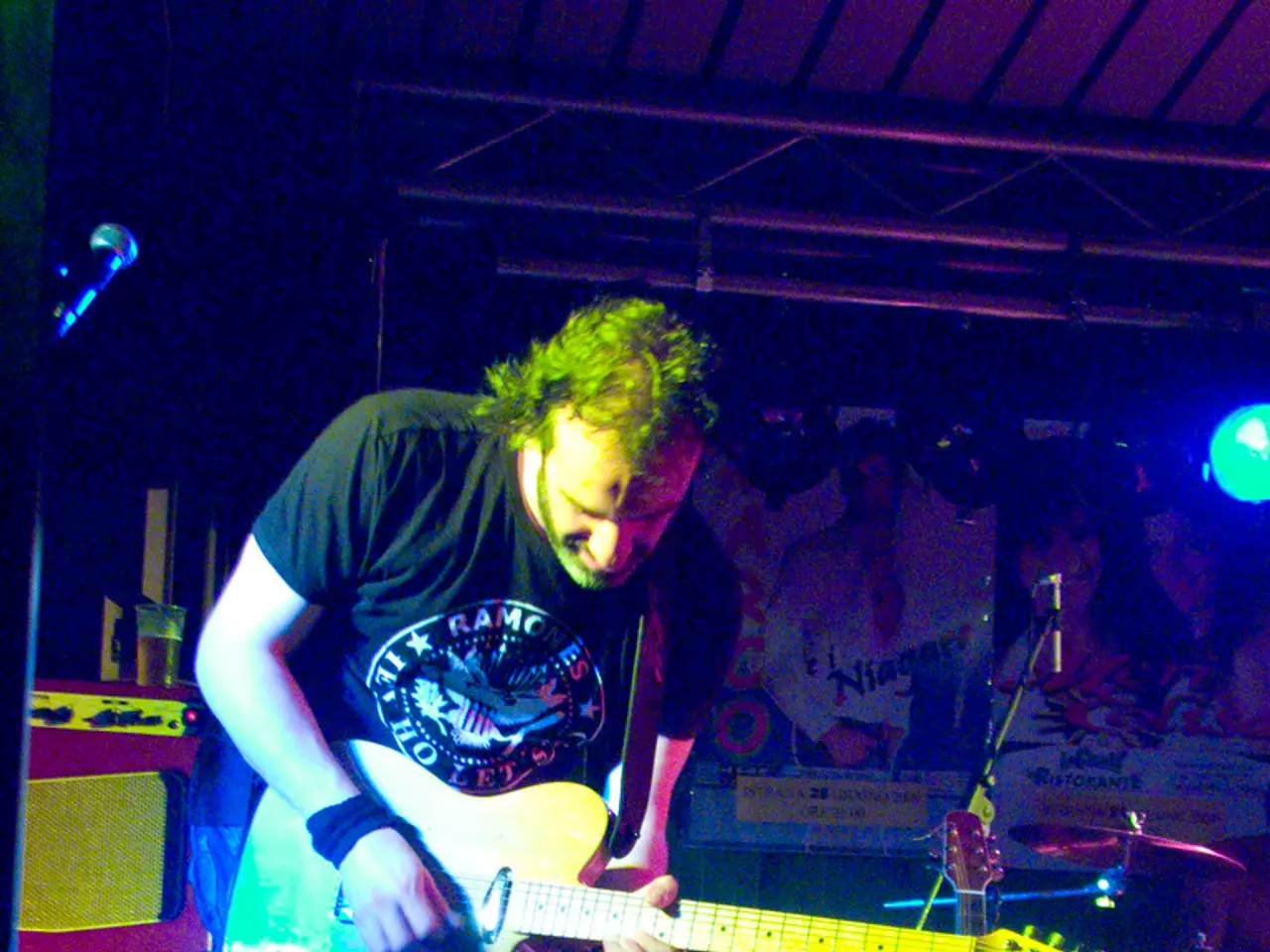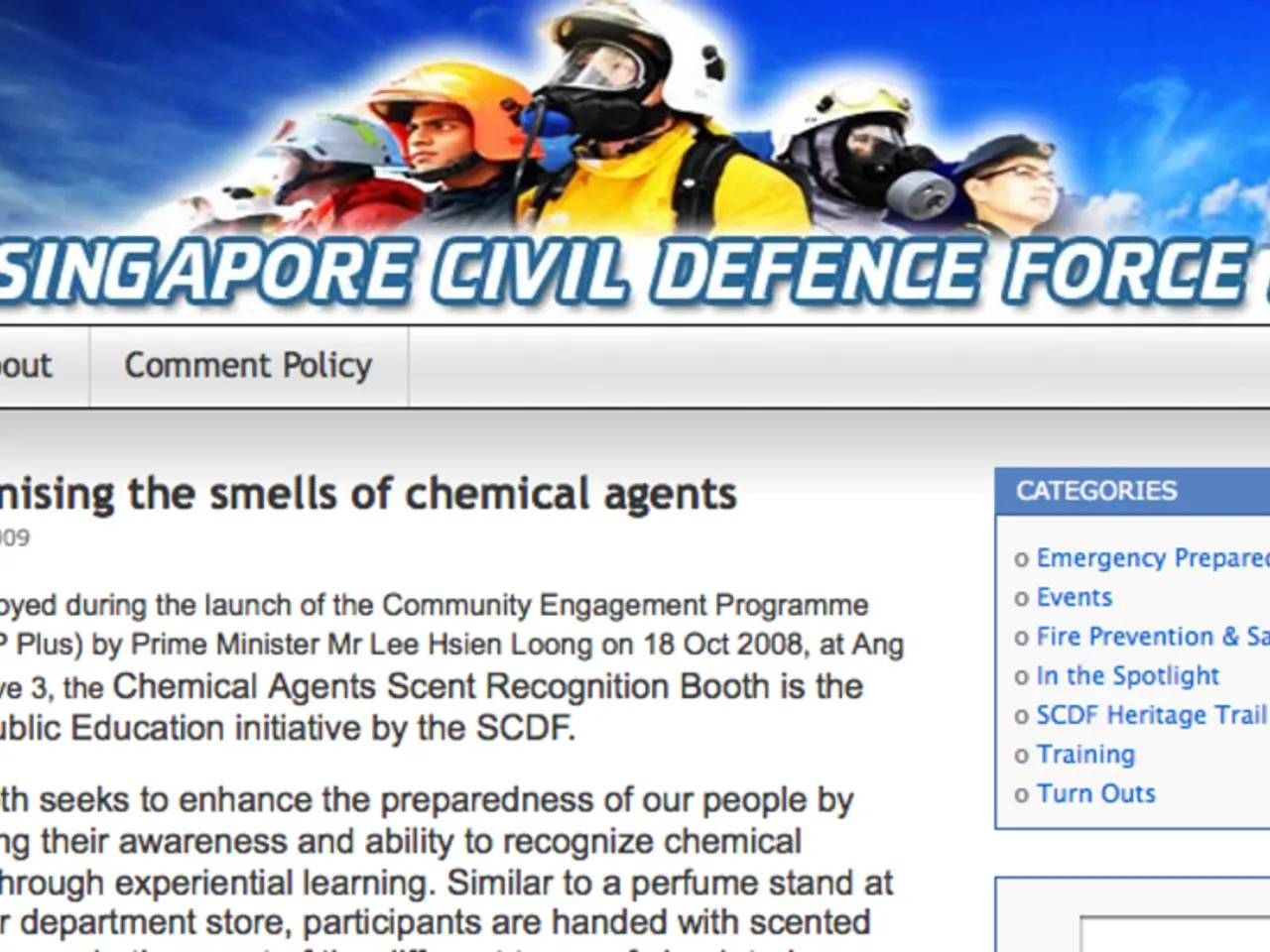Hezbollah's head honcho stands firm on weapons possession due to persisting Israeli aggression
The fragile ceasefire between Israel and the pro-Iranian militia Hezbollah, established in November 2024, remains tense amid ongoing Israeli attacks on Lebanon. Despite international mediation and pressure, Hezbollah's disarmament remains unresolved, serving as a major sticking point.
In a recent development, the Lebanese government passed a resolution to reestablish a state monopoly over arms nationwide and support a U.S.-backed roadmap for fully implementing the ceasefire and disarmament. However, Hezbollah has publicly rejected this resolution, with backing from its main patron, Iran.
Israel has made the disarmament of Hezbollah a condition for ending its attacks in Lebanon. The Lebanese government, under pressure from the US and Israel, is determined to disarm all armed groups, including Hezbollah, as President Joseph Aoun previously reiterated. Yet, Hezbollah Chief Naim Kassem has rejected the disarmament of his militia due to persistent attacks by Israel.
According to Kassem, Hezbollah cannot agree to any proposal for a timeline of disarmament as long as Israeli aggression persists. This stance was further emphasised in a televised speech on Tuesday. Israel continues to target Lebanese territory, primarily targeting Hezbollah-related infrastructure.
It is important to note that Hezbollah, along with the Houthis in Yemen and Hamas in the Gaza Strip, is part of the "Axis of Resistance" led by Iran, whose declared goal is the destruction of Israel. This complex geopolitical dynamic adds another layer of complexity to the situation.
The ceasefire agreement, which included provisions for Hezbollah's disarmament, is interpreted by Hezbollah as applicable only to southern Lebanon and has not accepted full disarmament under the Lebanese government's authority. This interpretation has led to a stalemate in the negotiations.
The Gaza war, triggered by an attack of a Hamas-affiliated radical Islamic group on Israel in October 2023, saw Hezbollah begin intensified rocket fire on Israel immediately after its commencement. Al-Manar, Hezbollah's channel, stated that the US demands Lebanon surrender completely to Israel without any guarantees for the ceasefire.
The US is pushing for Hezbollah's disarmament, attempting to do so through pressure on the Beirut government. However, the current dynamics show no meaningful progress on disarmament negotiations, with Hezbollah firmly resisting disarmament outside southern Lebanon and Lebanon itself divided on enforcing it.
As of August 2025, the situation remains volatile, with no clear resolution in sight for the ongoing tensions surrounding Hezbollah's disarmament and the fragile ceasefire in Lebanon.
- The European Union, following the fragile ceasefire between Israel and Hezbollah, expresses its commitment to the implementation of the UN Charter, emphasizing the importance of political resolutions and general news relating to war-and-conflicts, particularly the disarmament of Hezbollah.
- As the Lebanese government faces resistance from Hezbollah over disarmament negotiations, general news outlets report on the ongoing political tensions, highlighting the role of international bodies, such as the European Union, in advocating for peaceful resolutions and adherence to the principles outlined in the UN Charter.
